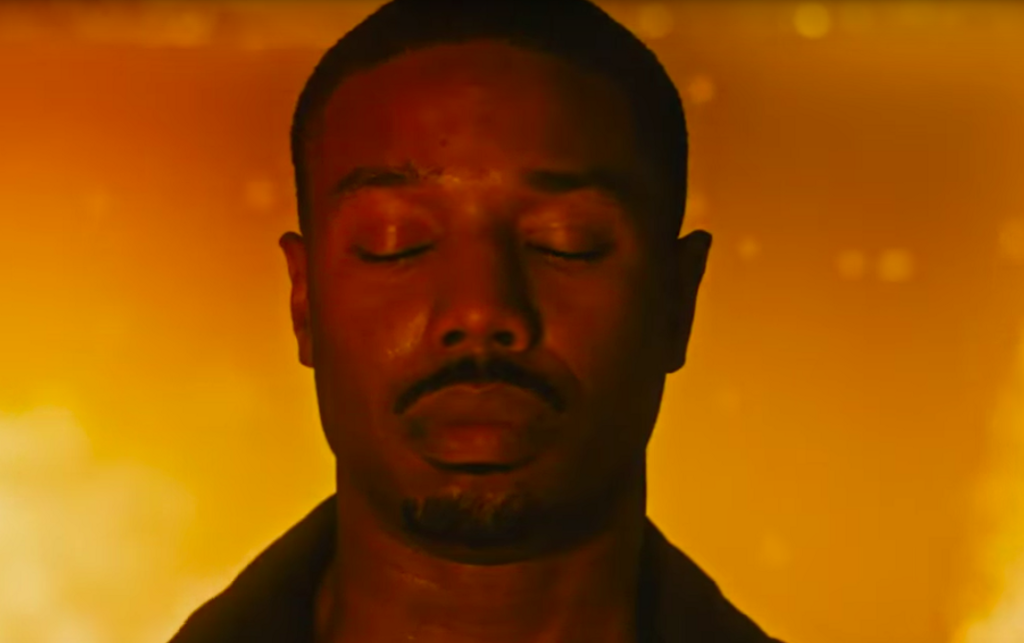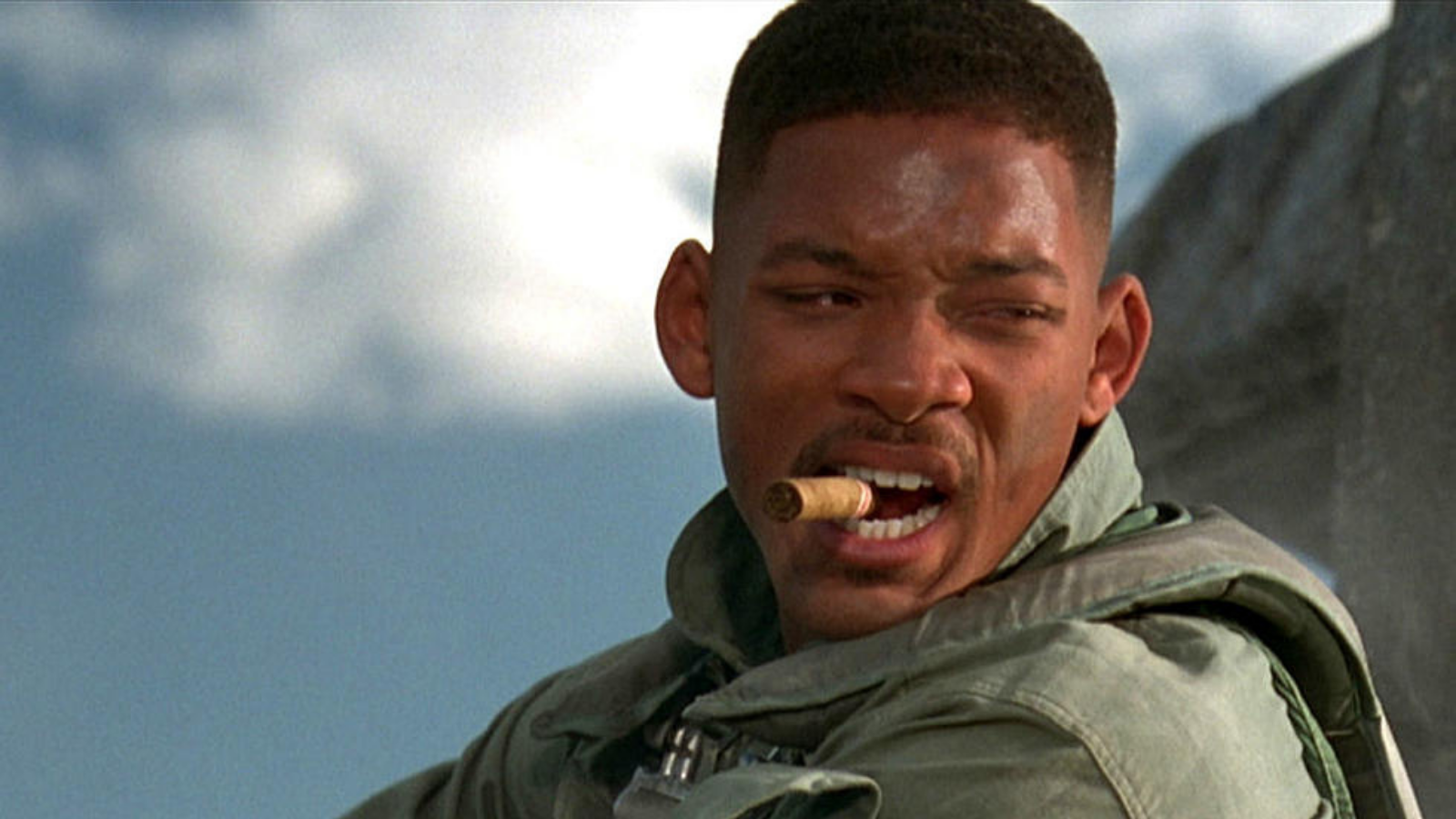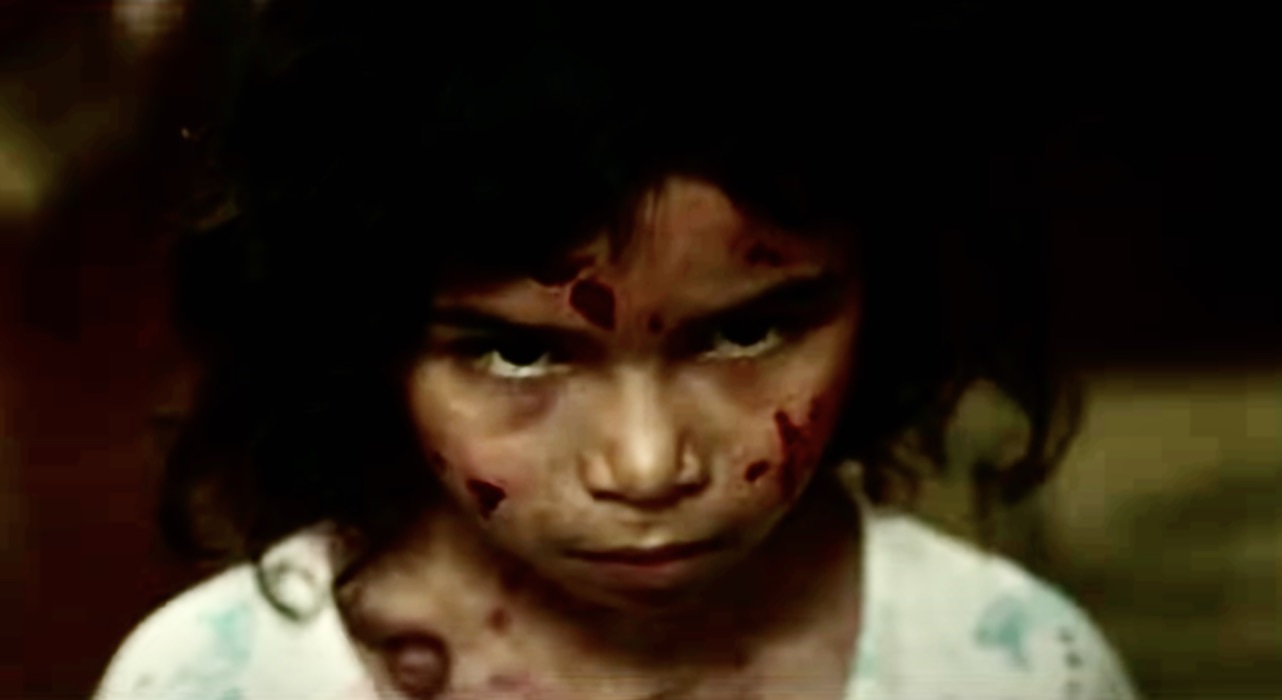essays
The New ‘Fahrenheit 451’ Movie Fails to Reckon with Bradbury’s Racism
Though it gestures at a broader canon and a broader readership, the film doesn’t face up to the author’s elitist intentions

This piece contains spoilers for the new Fahrenheit 451 film on HBO.
I first read Fahrenheit 451 as an eleven-year-old bookworm, working my way through every scrap of written material available to me. It was the summer of 1995, and I’d never heard of the internet, so this meant trawling the big cardboard boxes overflowing with old paperbacks that had been stashed away in our garage. Taking a classic escapist route from my bad home life, I devoured them all — bleak dystopian novels, science textbooks well beyond my grade level, explicit romances that had my teachers asking my mother if that was really appropriate for a kid my age. A classmate once caught sight of me with a copy of Little Women and wrinkled her nose in distaste. “Why do you always read such weird old books?” she asked. I didn’t have any explanation — I just knew I couldn’t help it. Books unlocked new ideas, new possibilities, and I couldn’t get enough. It was only natural that a book set in a world where books were forbidden, where reading was a secret act of revolution against a hostile society, would fascinate me.
I still have that same copy of Fahrenheit 451 — a trade paperback edition printed circa 1993, whose creased cover and flammable pages are already yellowed and crumbling. I reread it prior to watching the new film version, starring Michael B. Jordan as protagonist Guy Montag, and Michael Shannon as his boss — and ultimately, the bad guy — Captain Beatty. The novel was largely as I remembered it, until I got to the end. At the back of the book, there are a few pages Bradbury wrote decades later, in 1979, where he gets into what he thinks the real threat to literature is. I’d forgotten that reading this coda as a child always left me feeling uncomfortable, in a way I couldn’t fully interpret yet.

In the coda, Bradbury is angry about what he describes as censorship, but there are a lot of different complaints all jostled together under that one big umbrella. There’s anger at the editors of Ballantine Books, who removed the words “damn” and “hell” from their edition of Fahrenheit 451. There’s anger at anthology editors who bowdlerized great authors when putting together a compilation of the classics for school readers. But most of his anger is aimed at the threat he believes to be posed by minorities.
He is angry at a “solemn young Vassar lady” who asked whether he might write more female characters. He is angry at other readers who disapprove of how he wrote “the blacks” in one of his stories. He is angry at “the Irish,” “the Chicano intellectuals,” at “every minority” that has some perspective on his stories at variance with his. In his own words, every last one of them “feels it has the will, the right, the duty to douse the kerosene, light the fuse…. Fire-Captain Beatty, in my novel Fahrenheit 451, described how the books were burned first by minorities, each ripping a page or a paragraph from this book, then that, until the day came when the books were empty and the minds shut and the libraries closed forever.”
In the coda, most of Bradbury’s anger is aimed at the threat he believes to be posed by minorities.
Beatty serves as the conduit for these views in the novel. In words that could have been spoken by the author himself, he tells the protagonist Montag, “Once, books appealed to a few people, here, there, everywhere. They could afford to be different. The world was roomy. But then the world got full of eyes and elbows and mouths. Double, triple, quadruple population. Films and radios, magazines, books leveled down to a sort of pastepudding norm, do you follow me?” Too many cooks spoil the intellect, it seems. Can’t have too many people reading, it’ll ruin it for the rest of us.
A few pages later, Beatty continues in this vein: “Bigger the population, the more minorities. Don’t step on the toes of the dog lovers, the cat lovers, doctors, lawyers, merchants, chiefs, Mormons, Baptists, Unitarians, second-generation Chinese, Swedes, Italians, Germans, Texans, Brooklynites, Irishmen, people from Oregon or Mexico…. All the minor minor minorities with their navels to be kept clean.” This, he explains, is why magazines became “vanilla tapioca” and books became “dishwater,” although he grants that comic books and porn continue to do quite nicely.
Of course, this is a novel: the author’s ideas do not have to align with those of his characters. Based on his coda, though, I suspect these views are a pretty accurate picture of the inside of Bradbury’s head. The author was a legendary crank, and probably wasn’t a big fan of anyone who didn’t live up to his intellectual standards. The book takes this to a horrifying extreme: after Montag joins a small band of nomadic professors (all men), who hail from Harvard, UCLA, Columbia, and other elite universities, they all watch as the city they have fled is bombed out of existence. All the illiterate citizens left behind are obliterated: “the explosion rid itself of them in its own unreasonable way.” Literary types might call this a deus ex machina. It’s not exactly subtle.
Reading this passage now feels sickening. A story I once believed to be about the importance of staying open-minded and intellectually curious is unmistakably steeped in elitist, supremacist thinking, in which the hopeful vision of the future is one in which only men who went to good schools survive. This must feel like an even deeper betrayal to a person of color.
A story I once believed to be about the importance of staying open-minded and intellectually curious is unmistakably steeped in elitist, supremacist thinking.
As of this writing, the new film version, available on HBO, has a 32% critics’ rating and a 26% audience rating on Rotten Tomatoes. This is stunningly bad for a movie based on a classic novel and helmed by two stars fresh off wildly successful movies. Adapting the book for modern audiences must have been a challenge: there’s a lot that was changed, and a lot of that doesn’t quite gel. In particular, other critics have pointed out the clumsy attempts to update the film to reflect modern technology. Early on, the book-burning firemen collect and burn a pile of computers and server equipment that had been successfully uploading scanned books… presumably to remote cloud storage, where others would still be able to access them? If so, that trail is never followed; the burning is treated as a complete victory.
What few critics have touched on, however, is the casting. Jordan initially hesitated to take on the role of Montag, telling IndieWire, “I wasn’t really interested in playing an authority figure,” given relations between the police and the African-American community. He came around after deciding that an authority figure with an arc that leads him to support the resistance was a valuable story to tell now. However, the movie tiptoes around this idea, where it could resonate powerfully.
For example, we periodically see images of Frederick Douglass throughout the movie, alternately being burned or uploaded for preservation. A former slave who learned to read in secret as an act of rebellion, Douglass might be a natural source of inspiration for Montag. But we never hear his name, and Montag never encounters his words.
A former slave who learned to read in secret as an act of rebellion, Frederick Douglass might be a natural source of inspiration for Montag. But we never hear his name, and Montag never encounters his words.
Only one scene directly addresses Montag’s race. The firemen have discovered a massive cache of books in an old woman’s house in the woods. Picture a grandparent’s summer cabin: countless classic paperbacks spilling off tables, weighing down half-broken bookshelves, piling up in stacks on the floor. Tonally, the moment where an awestruck Montag takes in the sight of that many books for the first time is half big library reveal from Disney’s Beauty and the Beast, half episode of Hoarders.
In this scene, Beatty, who has his own secret lust for literature, teases Montag with the books, picking them up at random and offering them to Montag before telling him of the dangers that they pose. “Ah, see? Huck Finn, and his n_____ friend,” he says, the camera panning away from the actor’s face as the slur is pronounced. “The whites knew that you blacks were offended, so what did we do? We burned it.” The movie has made a subtle shift here — while Bradbury lays the blame on minorities, here it is ambiguous. Who is being blamed for the pivot to censorship: offended black people, or overreacting whites?
The movie has made a subtle shift here — while Bradbury lays the blame on minorities, here it is ambiguous.
Beatty moves on to a new book. “Oh, and then Native Son comes along, and the whites didn’t appreciate that one all that much, so they burned it too.”
“Why didn’t they like it?” Montag asks, his eyes wide. Beatty looks at him, then looks away. Moments later, he intones, “We are not born equal, Guy, so we must be made equal by the fire, and then, we can be happy,” as he contemplates a copy of Mein Kampf.
The movie doesn’t attempt to explore the questions this exchange must have raised for Montag. Instead, his consciousness is expanded by reading Dostoyevsky’s Notes from Underground with his romantic interest Clarisse, who is played by the Algerian actor Sofia Boutella and who, thank God, is not a 17-year-old girl (as in the book), but a complicated double agent. When Montag finally meets up with other members of the resistance — inexplicably referred to as “Eels” throughout the movie — they ask him why he is risking everything to join them. His answer is confusing. Something about how he remembers sitting by the ocean as a kid, pouring sand endlessly through a sieve, “like my whole life passed right through me and I missed it. I’m not gonna let that happen again.” It’s a weird image — one we never see in the multiple flashbacks we get of his childhood — and it makes his motivation not one of resistance against oppression, but of self-blame.
The Literary Roots of the Incel Movement
The movie smartly updates the members of the resistance from an interchangeable band of Ivy Leaguers to a diverse group whose intellectual bona fides are not proven by their degrees, but by the books they have memorized. They’re led by Khandi Alexander, who has memorized every word of Toni Morrison’s Song of Solomon. Other authors preserved by the Eels include Rumi, James Baldwin, Chairman Mao, Zadie Smith — clearly a deliberate departure from the old-school Western canon that Bradbury largely focuses on in his book. Going by his coda, he would have found this irritating: “For it is a mad world and it will get madder if we allow the minorities… to interfere with aesthetics.”
Perhaps this is why the movie never quite gels: it wants to sound the same alarm as the book, warning that control of ideas is a slippery slope, but the book exists in a time when the loudest cries of “censorship” come from a dominant culture in no real danger of being erased. The film tries to broaden the book’s definition both of literature worth saving, and of the readers fighting to save it — but it does so through winks and nudges rather than asserting this message out loud. To commit fully to Bradbury’s views on intellectual freedom is to accept an exclusionary stance that doesn’t play nicely with what few social justice-oriented moments the movie does include.
To commit fully to Bradbury’s views on intellectual freedom is to accept an exclusionary stance that doesn’t play nicely with what few social justice-oriented moments the movie does include.
Imagine, instead, a retelling that amplifies voices forgotten by the Western canon Bradbury championed. Imagine a story of a dystopian society where a person of color encountered the words of their ancestors for the first time — literature that has frequently been suppressed in real life — and found something that spoke to them personally. Imagine Khandi Alexander’s character telling us why Toni Morrison spoke to her so deeply that she committed every word to heart. Imagine Montag actually reading the words of Richard Wright and Frederick Douglass, and finding out for himself why they made white people angry. In this retelling, more readers and more voices don’t water down literature to an insipid norm. They bring it to life — bursting with powerful ideas from all different perspectives, and all the more revolutionary because of it. What an incendiary story that would be.










